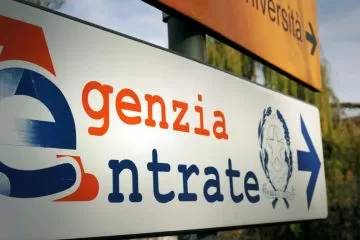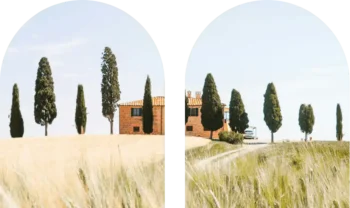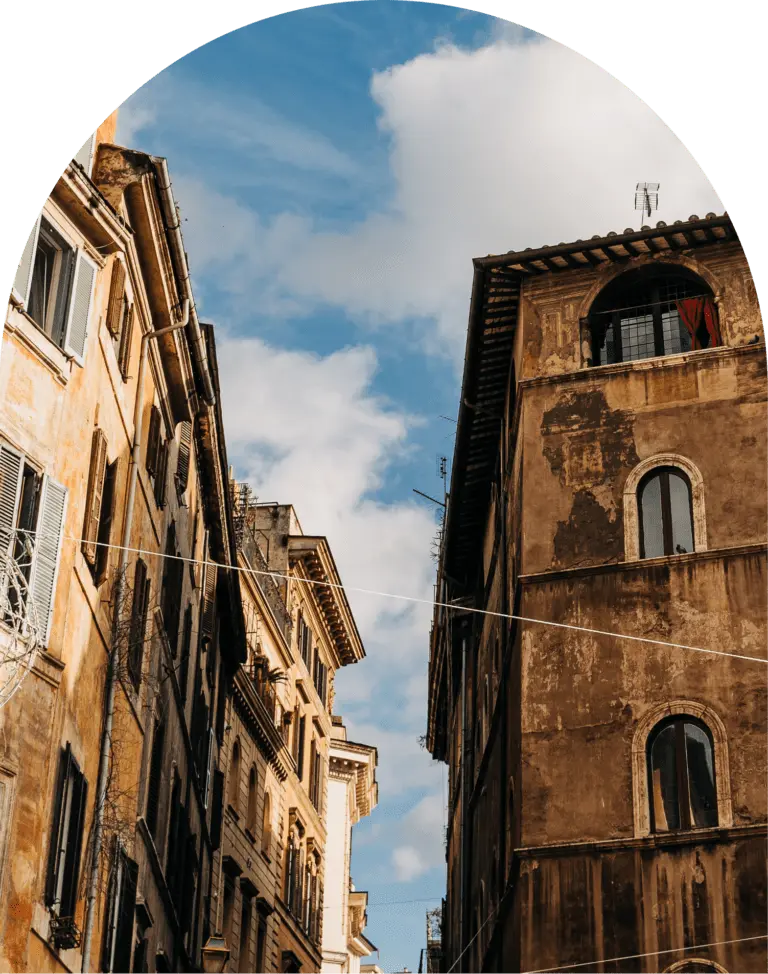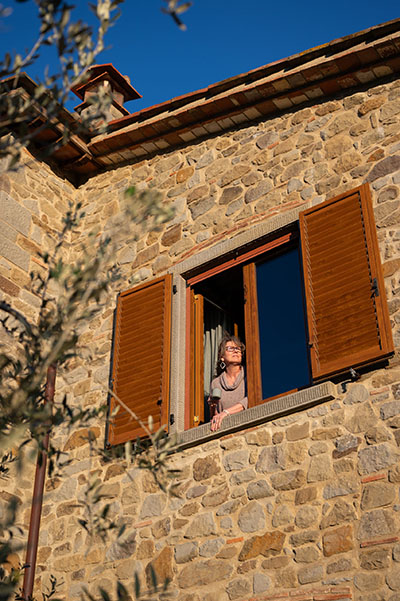Italy’s comparatively affordable housing market is a great draw for foreign buyers. However, did you know that as a resident of Italy, you could owe little to no property taxes?
In addition to the one-off taxes on property acquisition, there are currently two types of property taxes in Italy:
- IMU – a municipal real estate tax
- TARI – a tax on the production of waste
An exciting perk of moving your residence to Italy is that primary residences are fully exempt from IMU, or the U.S.-equivalent of property tax. IMU is calculated as a percentage of the ‘cadastral value’ (the assessed value for municipal tax purposes) of your home. The tax rate is set by the municipality and can range between 0% and 1.11%, although it is usually around the top end of the range. The cadastral value is dependent on a few factors, including the location and size of your property. Cadastral values are generally 15%+ lower than property market values, resulting in an IMU charge that is, on average, lower than 1% of your house’s market value. Therefore, even if you are only looking to use your home for part of the year, your property tax burden will remain relatively low. It is important to note that luxury properties are excluded from the IMU exemption for primary residences.
TARI, on the other hand, is a smaller tax that sanctions a household’s ability to produce waste. It is proportional to the property’s size and number of residents. It usually ranges between €150 and €500.
Payment Deadlines and Methods
The guidelines for paying IMU are the same across all 20 regions of Italy. Homeowners are allowed to choose between making a single payment (due on June 16) or two equal payments (due on June 16 and December 16, respectively). In order to submit your payment correctly, you will have to fill in the Modello F24 (a tax submission form) and complete the payment online on your bank’s website or in person at your local bank, post office, or Agenzia delle Entrate office.
The guidelines for paying TARI vary depending on the municipality where you reside. Most municipalities will mail payment reminders to all residents, but one may also find their local TARI guidelines on the municipality’s website. Payments can be also made online on the municipality’s website, as well as your local bank, post office or Agenzia delle Entrate office.
Example
Let’s take the example of a hypothetical 2,000 sf condo in the municipality of Florence, located in a desirable area within 1 mile of the city center. Such a property would be considered relatively rare based on the location and average size of properties in Florence, and likely worth upwards of €600,000 under current market prices.
If this property were inhabited by a married couple as a primary residence (where the couple resides for over six months out of the year), the owner would incur no IMU tax, but an annual TARI of €310.
If instead the same property were the couple’s seasonal residence, IMU would apply. Depending on the building class (attributed by the municipality), the owner would incur (i) IMU ranging from €3,100 to €4,200 annually and (ii) TARI of €310 annually.
The homeowner can decide whether to pay the entire IMU charge once (by June 16) or in two equal payments (due on June 16 and December 16, respectively). The municipality of Florence specifically requires residents to pay their annual TARI balance in three separate payments due on April 30, July 31 and December 2. Homeowners are notified via mail a few weeks in advance of the payment due date.
Please note that the above charges do not include additional condominium-related fees and maintenance costs that are typical of a condominium property.
| Tax | Who Pays | Calculation & Typical Cost | Payment Deadlines / Notes |
|---|---|---|---|
| IMU | Secondary/luxury properties; primary residences usually exempt | % of cadastral value (0–1.11%; avg <1% of market value); cadastral ~15% below market value | Single: June 16 or Two: June 16 & Dec 16; luxury properties excluded from exemption |
| TARI | All residents | Based on property size & residents; typically €150–€500 | Varies by municipality; Florence example: April 30, July 31, Dec 2; payments at bank, post office, or online |
| Example – Primary Residence (Florence 2,000 sf) | Homeowner living >6 months/year | IMU: €0, TARI: €310 | TARI: 3 payments as above; excludes condo fees/maintenance |
| Example – Seasonal Residence (Florence 2,000 sf) | Homeowner | IMU: €3,100–€4,200, TARI: €310 | IMU: one payment June 16 or two payments; TARI: 3 payments as above |








